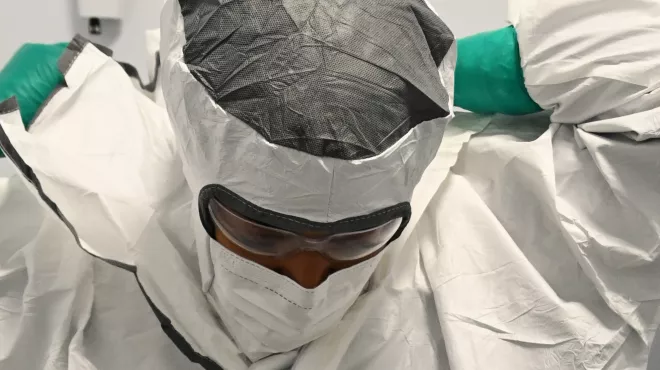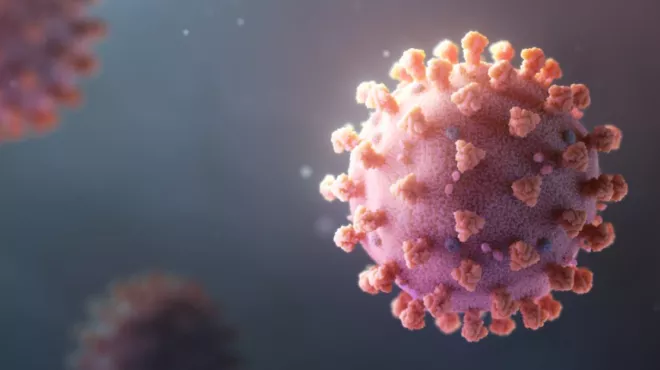My colleague Parisa Zamiri develops drug candidates for serious eye diseases, driven by childhood memories of how her grandmother in Iran struggled with blindness. Recently her story has been shared with thousands of students around the world who are taking a Massive Open Online Course, or MOOC, on medicinal chemistry.
The MOOC - taught by Erland Stevens, a chemistry professor at Davidson College, with contributions from our scientists at the Novartis Institutes for BioMedical Research (NIBR) - is providing our researchers with professional development opportunities and building scientific capability and capacity in emerging world countries.
NIBR researchers like Parisa participated in interviews describing their professional roles in Novartis, and offered their insights into different course topics. As a member of the course staff, I’ve enjoyed stimulating interactions on the online discussion boards, addressing participants’ questions, and often concerns, about the pharmaceutical industry and how drugs are developed.
Thanks to MOOCs, educators are removing barriers to quality scientific instruction, including geographic and economic ones. Since their arrival in 2008, MOOCs have helped to expand access to knowledge and to provide valuable information to millions of people, available to anyone with a computer and an internet connection.
Thanks to MOOCs, educators are removing barriers to quality scientific instruction, including geographic and economic ones.
Ross Tracey, the Novartis Institutes for BioMedical Research
I’ve seen the positive impact MOOCs can have. They have aided some of the scientists I’ve met in emerging countries who are craving the scientific foundation critical to seeking new therapies. These scientists want to pursue their own drug discovery projects, or to collaborate with our scientists.
The students in the fall 2015 session of the medicinal chemistry MOOC hailed from 138 countries, including 485 participants in Africa. In the last two years, this MOOC has reached almost 14 times more people than we have engaged with in face-to-face scientific workshops on the continent.

While taking the MOOC is free, the cost of getting a course completion certificate is $50; these certificates can be particularly important for educational advancement in some emerging countries. Though reasonable by Western standards, $50 is out of reach for many participants in countries like Ghana and Nigeria, where average daily income is less than $5. To help, Novartis arranged to provide certificates at no cost to 100 students in the fall 2015 course.
This is one small way we are helping participants in Africa become effective scientific collaborators and contribute to the development of the nascent pharmaceutical research capability in Africa. This combines with our efforts to provide affordable access to treatments and other measures to tackle significant healthcare challenges in low and middle income countries.
You can find the medicinal chemistry MOOC (the next session begins in March) and many other courses from top universities on the online learning platform edX.
Novartis taps MOOC technology to share chemistry education with the world



